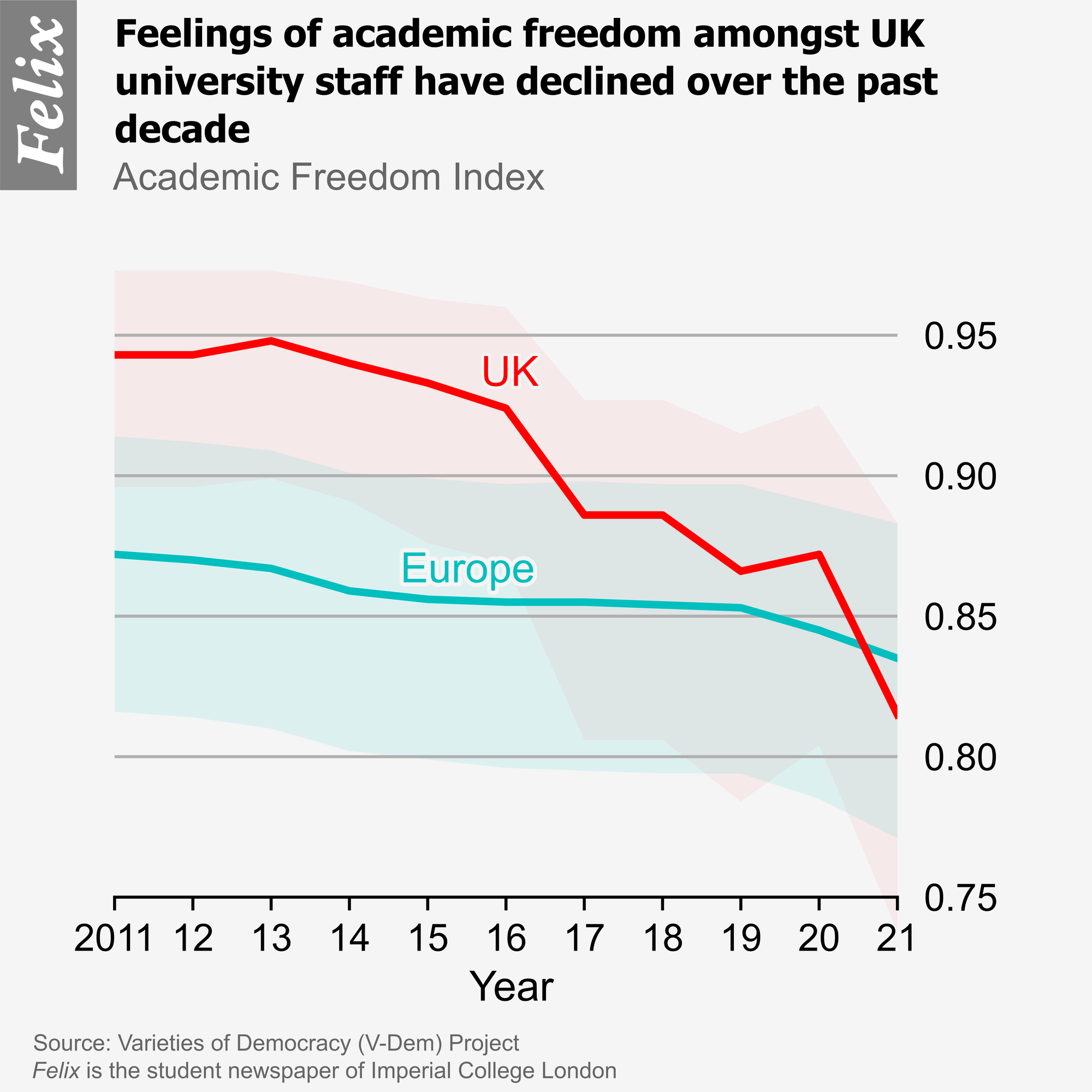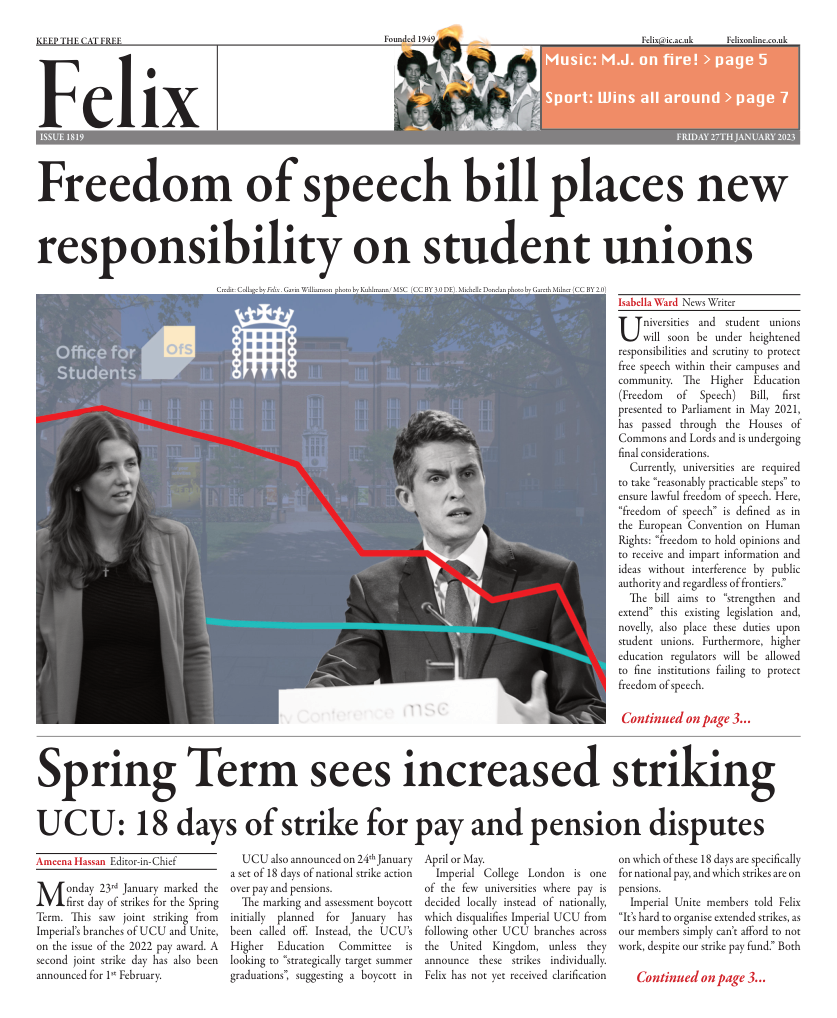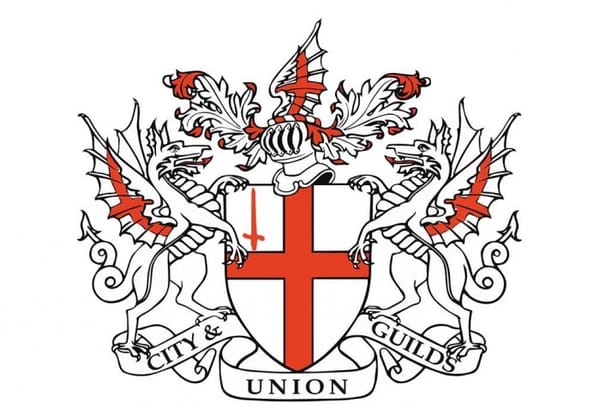Freedom of speech bill places new responsibility on student unions
Universities and student unions to face sanctions for failing to protect freedom of speech under new legislation

Universities and student unions will soon be under heightened responsibilities and scrutiny to protect free speech within their campuses and community. The Higher Education (Freedom of Speech) Bill, first presented to Parliament in May 2021, has passed through the Houses of Commons and Lords and is undergoing final considerations.
Currently, universities are required to take “reasonably practicable steps” to ensure lawful freedom of speech. Here, “freedom of speech” is defined as in the European Convention on Human Rights: “freedom to hold opinions and to receive and impart information and ideas without interference by public authority and regardless of frontiers.”
The bill aims to “strengthen and extend” this existing legislation and, novelly, also place these duties upon student unions. Furthermore, higher education regulators will be allowed to fine institutions failing to protect freedom of speech.
Freedom of speech in UK universities
The Academic Freedom Index indicates that over the past decade, feelings of academic freedom within UK universities have declined (see figure). The government committed to cracking down on campus “cancel culture” in 2021, with then Education Secretary Gavin Williamson bringing the bill forward in the hopes that it would eradicate what he called unlawful “silencing” and thus “counter the chilling effect of censorship on campus once and for all.”

New duties
The bill first seeks to “secure freedom of speech within the law for the provider’s members, staff and students and for visiting speakers” by mandating that higher education providers “take steps to achieve” this. It bestows on universities a duty to develop and maintain a “code of practice” as described:
“The content code of practice must include a statement of the provider’s values relating to freedom of speech and an explanation of how those values uphold freedom of speech. It must also set out the procedures to be followed by staff, students and any students’ union for students at the provider when organising meetings and activities, the conduct required in relation to such meetings and activities, and the criteria for specified decisions.”
Furthermore, the bill now proposes that universities should not just protect, but “actively promote”, freedom of speech and, in particular, academic freedom for staff.
Initially, the bill proposed to allow individuals to bring civil proceedings against universities failing to uphold these new responsibilities of protecting free speech. However, this was removed in December last year due to concerns that the fear of litigation could – counterproductively – reduce free speech in universities.
Amendments made in December also ban the use of non-disclosure agreements (NDAs) for complaints of sexual abuse, harassment or misconduct, or other bullying or harassment. An NDA would prevent the individual from disclosing or publishing information about the relevant complaint to any one or more other persons.
Impact on Student Unions
Notably, the bill will see the legal responsibilities described above also placed on student unions. Unions found breaching these duties would likewise face sanctions.
In particular, the duty would enforce on unions that “the use of any premises occupied by the students’ union is not refused because of a person’s ideas, beliefs or views, or a body’s policy or objectives” and that “affiliation to the students” union is not denied to any student society on those grounds. This aims to tackle the hotly debated (yet infrequent) instances of “no-platforming”, where individuals or organisations are denied a platform to speak (for example, Amber Rudd by UN Women Oxford UK in 2020).
Regulator: the Office for Students
The Office for Students (OfS) will act as a regulator to oversee institutions’ discharging of obligations. Any alleged breach of these news duties will be investigated by a newly created Director for Freedom of Speech and Academic Freedom. One of the mechanisms for this includes a new complaints scheme for students, staff and visiting speakers who feel they have been suffered as a result of such a breach.
Although the bill has not yet reached Royal Assent, the OfS has already begun to set the wheels in motion for monitoring freedom of speech across campuses in England. The National Student Survey, sent to final-year students last week, now features a question for students at English universities on the extent to which they feel free to express themselves at university.
Responses thus far
“Cancel culture” is a contentious issue, and the extent to which it is a threat on campuses is an ongoing debate. There are criticisms that the bill takes the wrong approach: the University and College Union UCU briefing on the Bill states that it “will do nothing to address the real threats to academic freedom, which are widely understood to be the use of precarious employment practices that prevent staff from researching and working freely, a lack of staff representation in university governance, and a management culture which dictates the research academics undertake”. Nevertheless, the banning of NDAs has been well-received.
There are concerns regarding the bill’s heavy-handed governance of student unions. Some fear that it could encourage students unhappy with union decisions concerning them to complain that their views are being discriminated against. The bill may also force student unions to reconsider some of their election practices, where certain types of speech (i.e., criticising other candidates) are banned. However, some relief will be felt amongst institutions now that the “frightening” prospect of civil proceedings against them has been dropped.
In 2021, then Universities Minister Michelle Donelan said: “This Bill will ensure universities not only protect free speech but promote it too. After all how can we expect society to progress or for opinions to modernise unless we can challenge the status quo?”









